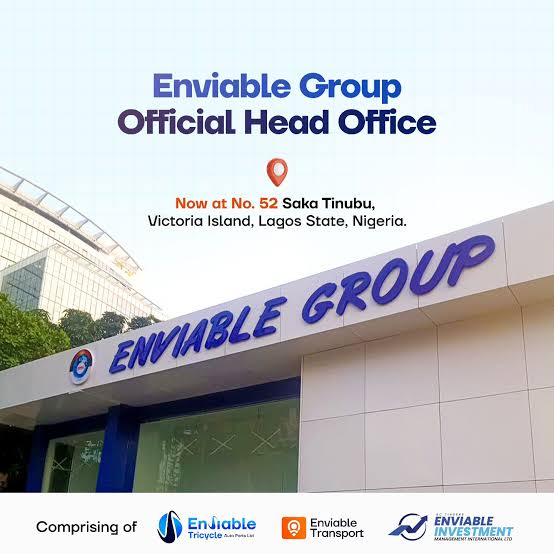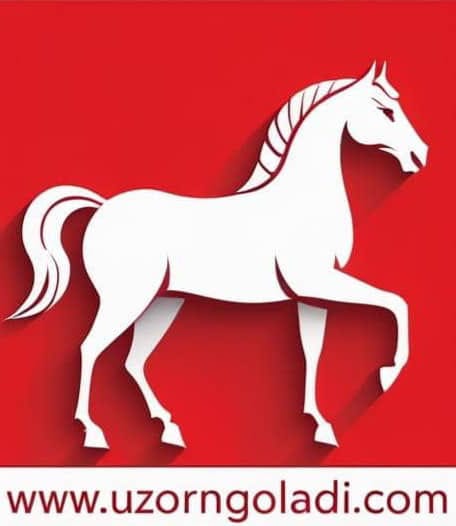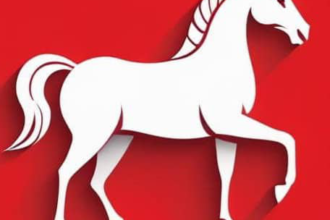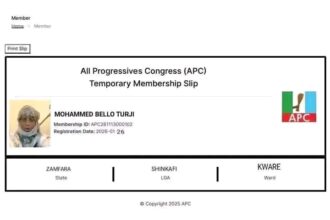
The Nigeria Police Force has dismissed as false reports circulating over the weekend claiming that a court has barred it from enforcing the Motor Vehicle Tinted Glass law scheduled to take effect nationwide on Thursday, October 2, 2025.
The clarification came from the Force Public Relations Officer (FPRO), Chief Superintendent of Police (CSP) Benjamin Hundeyin, who released a statement via his official X (formerly Twitter) handle on Sunday. According to him, no court anywhere in Nigeria has issued an order restraining the police from carrying out the enforcement exercise.
In recent days, public debate had intensified following claims by some Nigerians that the planned crackdown on motorists using tinted glass without official permits contravened an alleged subsisting legal action.
Critics of the enforcement cited a lawsuit purportedly filed by the Nigerian Bar Association (NBA) challenging the validity of the policy and questioning the powers of the Nigeria Police Force to issue and enforce permits for vehicles with tinted glass. They argued that since the matter is before the courts, the police should hold off enforcement pending judicial resolution.
Across social media platforms, commentators warned that the planned operation could amount to disobedience of a court process. Some alleged that a restraining order had already been issued against the police, thereby rendering the enforcement plan null and void.
CSP Hundeyin, however, categorically debunked the claims, describing them as “false, misleading, and capable of confusing motorists.” He insisted that no court of competent jurisdiction had at any time issued an injunction suspending the application of the tinted glass law.
In his words:
“The Nigeria Police Force wishes to state categorically that the report making the rounds that a court has barred the police from enforcing the Motor Vehicle Tinted Glass Law is entirely false. No such court order exists. The enforcement exercise earlier scheduled to commence on Thursday, October 2, 2025, will go on as planned.”
He further explained that while citizens have a constitutional right to approach the courts to challenge any law or regulation, that right does not automatically translate into the suspension of the law. Until a valid court order is granted and formally served on the police, enforcement remains within the legal powers of the Force.
The Motor Vehicle Tinted Glass Regulation has been in existence for years as part of efforts to enhance public safety and crime prevention. The law requires vehicle owners whose cars are fitted with factory-tinted or aftermarket-tinted glass to obtain a tinted glass permit from the Nigeria Police Force.
Authorities argue that the regulation is necessary to prevent the use of heavily tinted vehicles by criminals to evade detection, transport contraband, or carry out attacks. Security agencies have long maintained that unrestricted use of tinted glass undermines visibility and endangers law enforcement operations.
Under the current directive, motorists without valid permits may face arrest, fines, or temporary seizure of their vehicles beginning October 2.
The Nigerian Bar Association has neither officially confirmed nor denied the reported lawsuit. However, lawyers and rights groups have repeatedly argued that the issuance of tinted glass permits by the police is an overreach of the Force’s powers and amounts to undue harassment of motorists.
Some legal experts have also questioned the lack of transparency in the permit issuance process, citing instances of delays, bottlenecks, and alleged extortion. They insist that until clearer guidelines are established, enforcement could deepen mistrust between law enforcement agencies and the public.
On the other hand, security analysts and civic organizations sympathetic to the police position maintain that enforcement is long overdue. They point to the rising use of tinted vehicles by kidnappers, armed robbers, and cult groups in recent years as justification for stricter regulation.
In his statement, CSP Hundeyin appealed for calm and urged motorists to comply with the law rather than rely on unverified information.
“We call on all citizens to disregard these unfounded reports and instead prepare to comply with the provisions of the law. The enforcement of the tinted glass permit is for the collective safety and security of all Nigerians,” he said.
The police spokesman also assured that the Force would carry out the exercise in line with established guidelines and with full respect for the rights of citizens. He warned against spreading misinformation capable of inciting confrontation between law enforcement officers and the public.
As October 2 draws nearer, the controversy surrounding the tinted glass regulation highlights once again the delicate balance between security enforcement and civil liberties in Nigeria. While the police maintain that they are acting within their legal mandate, public skepticism remains strong, particularly given historical concerns about abuse of power at checkpoints.
What is clear, however, is that contrary to claims circulating online, no court has stopped the Nigeria Police Force from proceeding with the enforcement. With CSP Hundeyin’s clarification, motorists nationwide have been put on notice that the law will be implemented as scheduled, barring any new judicial intervention.
The coming weeks will reveal whether this enforcement ushers in improved compliance and safer roads, or whether it rekindles longstanding disputes between the police and the motoring public.






